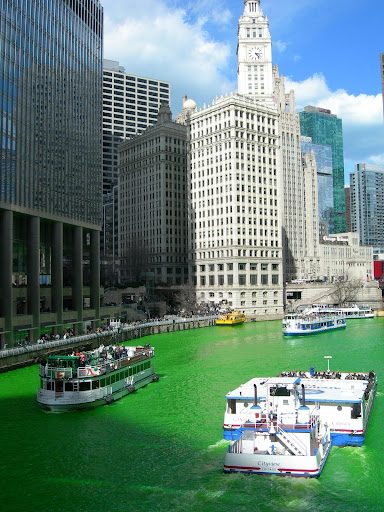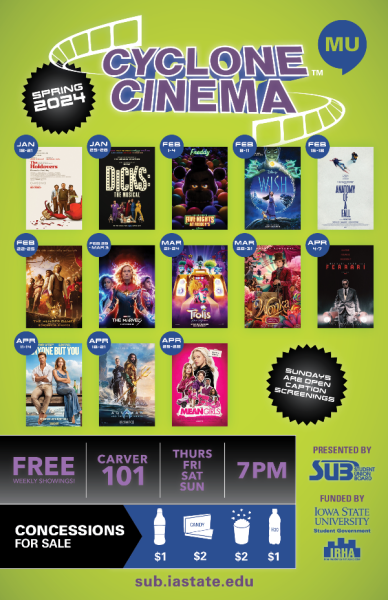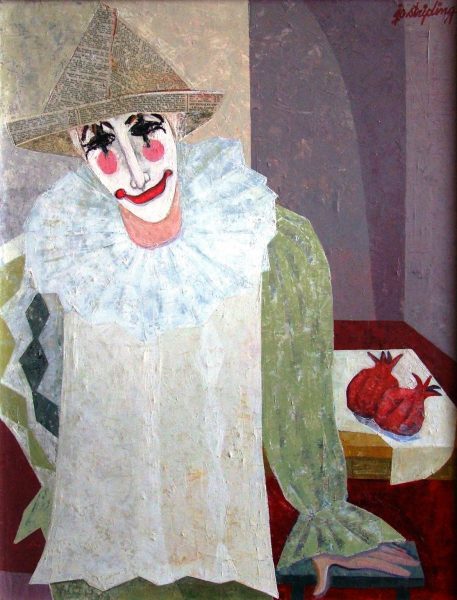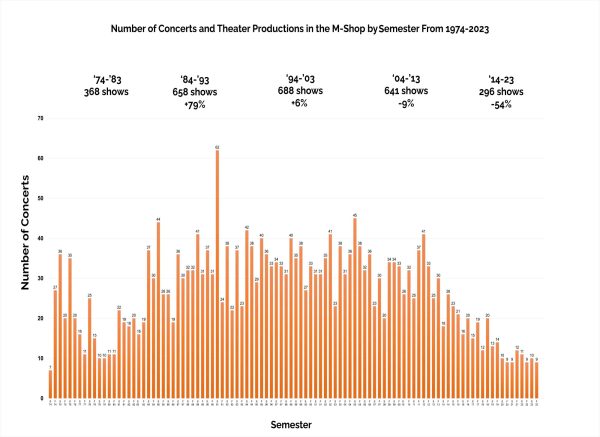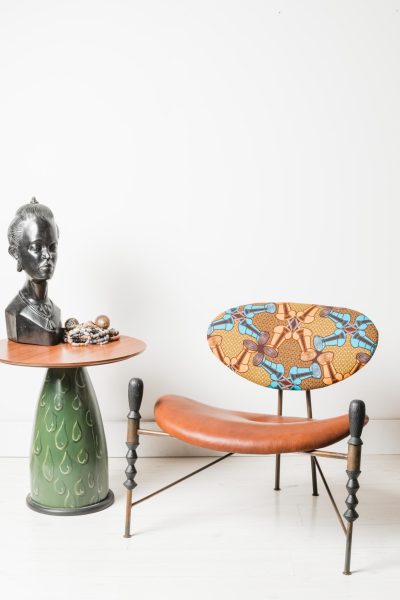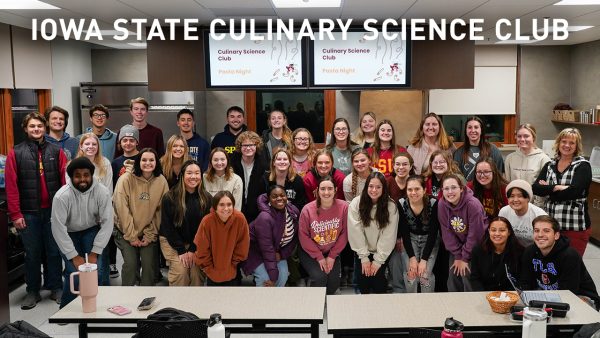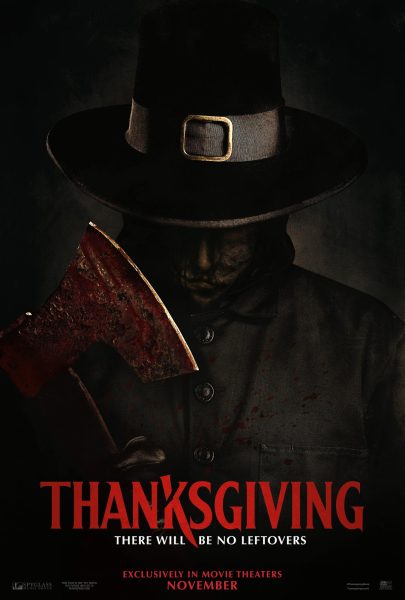What’s the big deal about Wonder Woman?
June 5, 2017
After critical upsets like Batman v. Superman: Dawn of Justice and Suicide Squad, DC Films needed something to breathe new life into their brand.
Along came Wonder Woman, and not only was it the film DC Films needed, but it was the film Hollywood needed, too.
After opening this past weekend, the film has already broken a number of records. According to CNNmoney.com, the film had the biggest opening of all time for a female director (surpassing Sam Taylor-Johnson’s Fifty Shades of Grey) and the biggest-grossing, female-led comic book superhero film ever. In its opening weekend alone, the film has grossed approximately 103.1 million dollars in North American alone.
Putting records aside, Wonder Woman has broken barriers of other kinds. It shows the Amazonians, a race of warrior women created by the Olympian gods, training for and charging into battle. Diana, our Wonder Woman, is a 5,000 year old Amazonian princess trained by her aunt to be another warrior. Just the opening scene of the film tells audiences right away that the Amazonian women are a force to be reckoned with. The fact that they are even represented in such a way is empowering, and sends the message right away that female characters don’t always have to be reduced to a mysterious lone wolf or a love interest in a male-led hero flick.
Not to diss love interests like Lois Lane or heroes like Black Widow, but those characters fit the molds that comic books and superhero movies have made for them. Wonder Woman, and the rest of the women in the film, break those molds- they are gods, they are queens and they are warriors. They do not need to be damsels or distress or seductive and emotionally closed off for us to take an interest in them. Diana is a warrior, but she is empathetic. Wonder Woman possesses typical feminine emotional qualities like empathy, but she also flips tanks and liberates villages that whole armies of World War One soliders couldn’t save. She is simultaneously what we expect and what we do not. Pair her superhuman qualities with her human ones, and you get the reason why we take an interest in her.
While the film was met with controversy over female-only screenings of the film, Wonder Woman is a film that we can not only enjoy, but learn something from. It’s a film with representation both in front of and behind cameras, with the film being led by Israeli actress Gal Gadot and directed by Patty Jenkins, and while superhero films are for everyone, women can now feel a collective sense of ownership and empowerment over such a successful film. Now that Gal Gadot and Chris Pine are committed to a sequel, all we can do now is continue to fight for more films like Wonder Woman, where representation and breaking of genre stereotypes can mean audience interest, and maybe even huge success.







